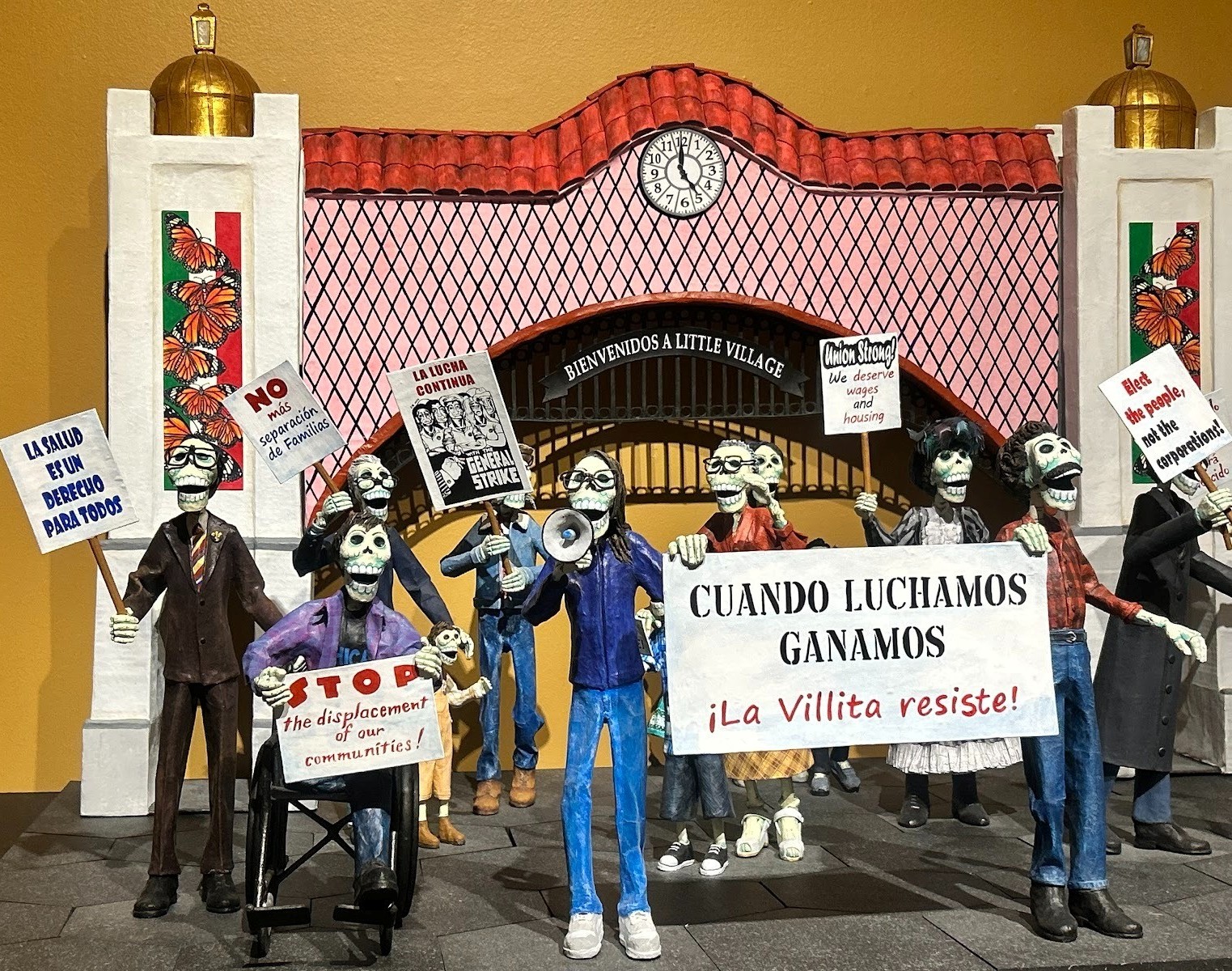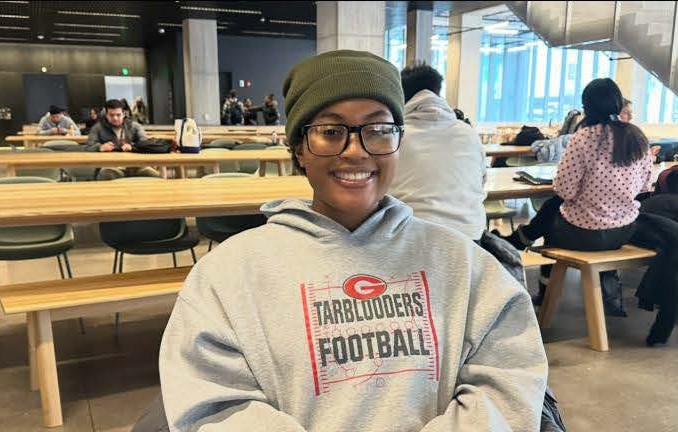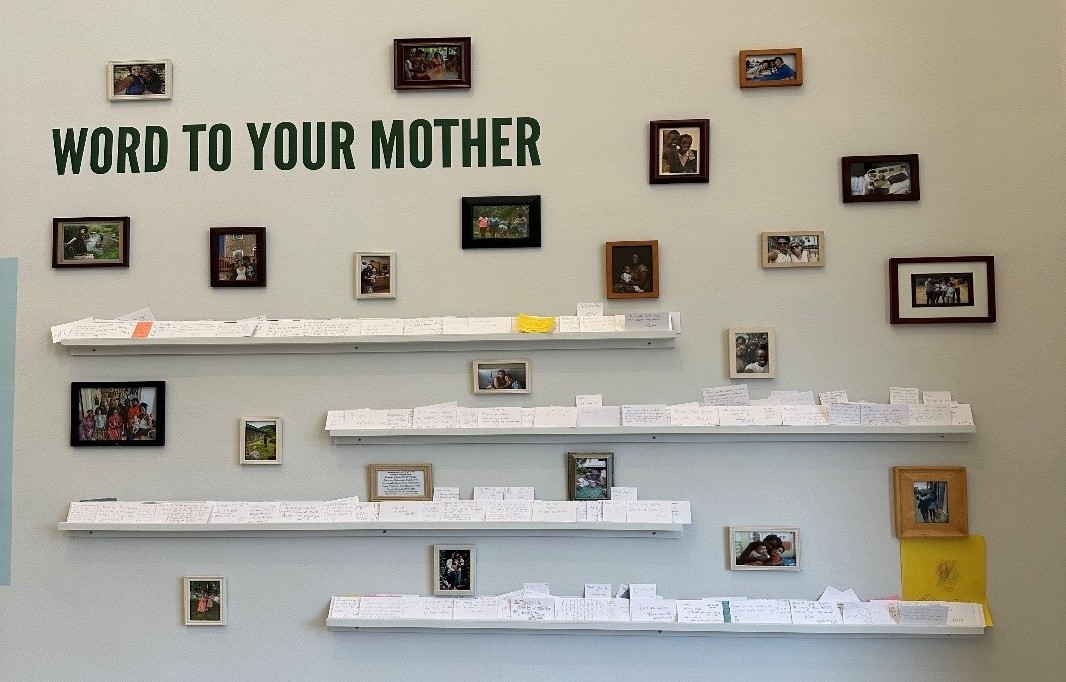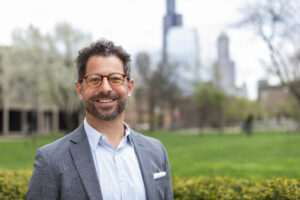The Center for Seniors has seen its daycare service grow from serving seven seniors to 80 per day. Meanwhile, the Hanul Family Alliance is moving away from its focus on seniors and is expanding services to the larger Korean community.
On the second floor of the non-profit Center for Seniors at 5320 N. Kedzie Ave., Korean seniors sit on chairs holding bingo cards and listening to numbers. Some read newspapers, a few nap on the couches. Two men play Korean chess and others play cards and chat.
Young Ha, the daycare coordinator, started the organization in 1993 with her husband, Jae Kwan Ha, because they felt seniors needed a place that supported them nutritionally, physically and spiritually after leaving hospitals.
“The elderly discharged are not ready to go home, but they’re well enough to be discharged,” said Ha, a registered dietician who worked in a hospital for 20 years.
“Between meals [you’re] doing fun activities to make you happy,” said Ha. “Naturally, your health is improving.”
The center provides daycare six hours a day. They focus on emotional and spiritual activities in the morning and physical activities, such as golfing, line dancing and bowling, in the afternoon.
The Hanul Family Alliance, located at 5008 N. Kedzie Ave., provides homecare for about 300 Korean seniors, who receive assistance from 60 bilingual, trained homemakers in cooking, cleaning, shopping and taking medications.
The non-profit organization also offers adult literacy or ESL classes and provides assistance to seniors applying for government benefits and services at their Chicago and Mount Prospect locations. The Golden Diners program provides nutritious lunches to 100 seniors each day.
Hanul Family Alliance also offers public health screenings, traditional Korean dancing, culture and art classes and victim assistance, which was exclusive to seniors at the center until recently.
After focusing on seniors for 20 years, the Hanul Family Alliance recently changed its name – and its focus. Formerly the Korean American Senior Center, the group changed to meet the needs of Koreans of all ages, said executive director Ji Sun Yu.
There are a constant number of new senior arrivals and an increasing number of baby boomers, Koreans who migrated to the United States in their 30’s and 40’s, who are now approaching their 60’s, Yu said. The organization primarily serves those raised in Korea that live in Korean senior buildings and want to be near Korean markets and doctors, she said.
Although traditional Korean families are thought of as multigenerational, Yu said many of the elderly want to remain independent and live separately into retirement.
“They are dependent on agencies like us,” Yu said. “When they need something, they wouldn’t call their children, they call us.
By broadening its mission, Hanul Family Alliance became eligible for additional grants and funding. Their 2007 fiscal budget is just over $2 million and $1.3 million of the budget is funded by the Illinois Department of Aging.
The Center for Seniors did not provide specific funding information, but said the organization is reimbursed for their Community Care Program by the Illinois Department on Aging.
The two organizations have at least some overlapping members because the state runs case management services and alternates some seniors between the two centers, sources said.
Neither organization charges clients for the majority of the services provided, except for a small suggested donation for lunch or a minor fee for the citizenship process.
Together, these neighboring organizations serve the needs of an evolving Korean community in Chicago.
Categories:
Northwest Side Public Social Issues
Tags:
elderly hanul family alliance illinois department of aging korean americans






Be First to Comment